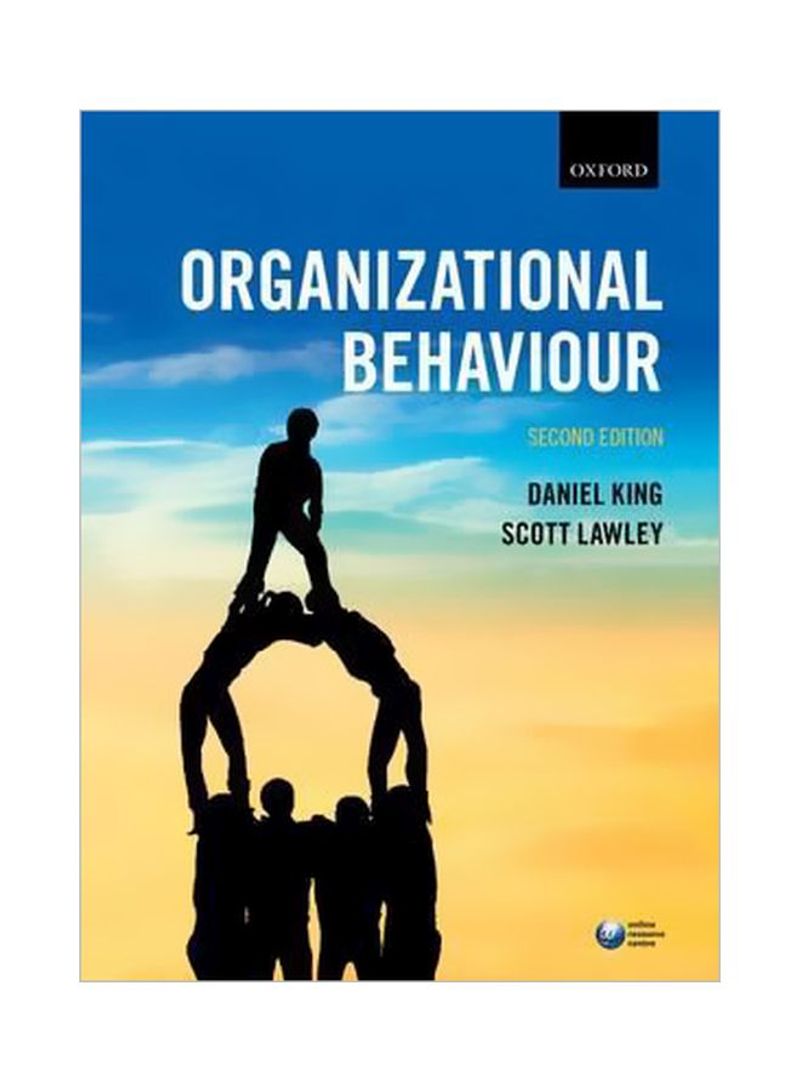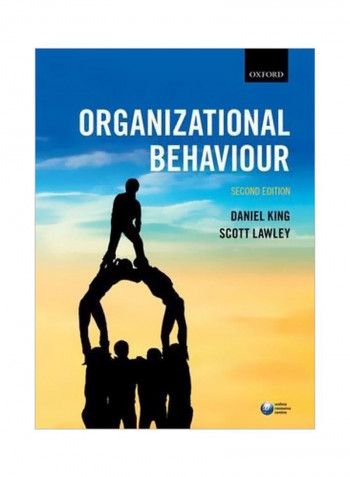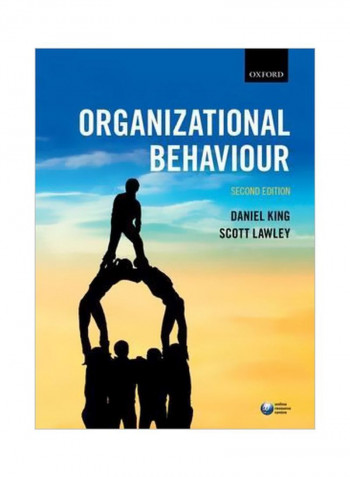Organizational Behaviour Paperback 2
Recommend
Sort by
Rating
Date
Specifications
Author 1
Daniel King
Book Description
Organizational behaviour affects all of us, every single day. But do your students struggle to see the subject's relevance? Do they have difficulty going beyond its most commonplace theories? Do they wonder how it will help them in their future career? Then take a step into the lobby of Junction Hotel! We follow the experiences of its managers and employees as a new consortium tries to rebuild the success of a once-great establishment that has fallen on hard times. This fictional running case study helps students see how theory translates into practice in a familiar setting. For example, what kind of leadership styles do the new management team use? Are personality tests any use for hiring new staff for the gym? How do the staff on the receiving end of various management techniques feel and react? Follow the management dilemmas faced, and the techniques employed with varying rates of success, by a wide range of characters. The running case is interwoven throughout the book, encouraging students to make links between the different topic areas and gain a holistic view of organizational behaviour. The book covers all the core topics found on undergraduate modules, while also going a step further to consider alternative approaches and compare them with mainstream theories. Students are encouraged to develop a critical mindset and think about the context of the theories they come across and the values embedded within them. A wealth of real-life case studies, including those drawn from the public and not-for-profit sectors, bring the subject to life. Innovative on-page learning features link study and employability skills to the topics being discussed so students can apply theories from the book directly to their own lives and future careers. Interviews with students, employees and business leaders are included online, and show just how relevant organizational behaviour is to people's everyday lives. The real-life examples in the second edition have been augmented with new international and European examples in every chapter, and the book's Online Resource Centre now features seminar and group activities and a lecturer guide to help lecturers make full and effective use of the book and online material in their teaching. A unique, lively package makes this core reading for all business students taking an introductory module in organizational behaviour. An Online Resource Centre accompanies the textbook and includes: For students: - Test your understanding with multiple choice questions. - Find out more about key theories. - View video interviews with with business leaders and employees - Connect to relevant organization sits using chapter-by-chapter web links. - View the Junction Hotel Organizational Chart and Culture report. - Access a regularly updated author blog. For registered adopters: - VLE content - Customise ready-made test bank questions for exams and assignments. - Adapt PowerPoint slides as a basis for lecture presentations, or use as handouts in class. - Access seminar plans for instructors. - View the Junction Hotel Culture report. - Access a user guide to seminar and lecture material (NEW) - Guide class debate with seminar activities relating to the book. (NEW)
Language
English
Publisher
Oxford University Press
Publication Date
19 July 2016
Number of Pages
704
About the Author
Daniel King is a Senior Lecturer at Nottingham Trent University in the Division of Human Resource Management. Scott Lawley is a Senior Lecturer at Nottingham Trent University in the Division of Human Resource Management.
Author 2
Scott Lawley
Edition Number
2
Editorial Review
A good introductory level OB book which has a good coverage of OB and Management topics but is presented in a clear way to give the students an understanding of the key topics whilst also introducing them to critical perspectives and wider social/political issues. * Teresa Oultram, Keele University * A very thorough and engaging book which from the first page acknowledges that OB covers a range of issues across a number of disciplines. I particularly liked Chapter One as it introduces the background to OB and how students need to start thinking critically. I also like the way each chapter identifies the main theorists and applies these theories in context. * Alison Mackiewicz, Aberystwyth University * [My students] found it very readable and loved the running case study, which made it more interesting for them. They liked the balance of theory and real life case studies/references. They felt they had purchased a text which was worthwhile and helpful to them. * Dawn Williams, University of Westminster *



